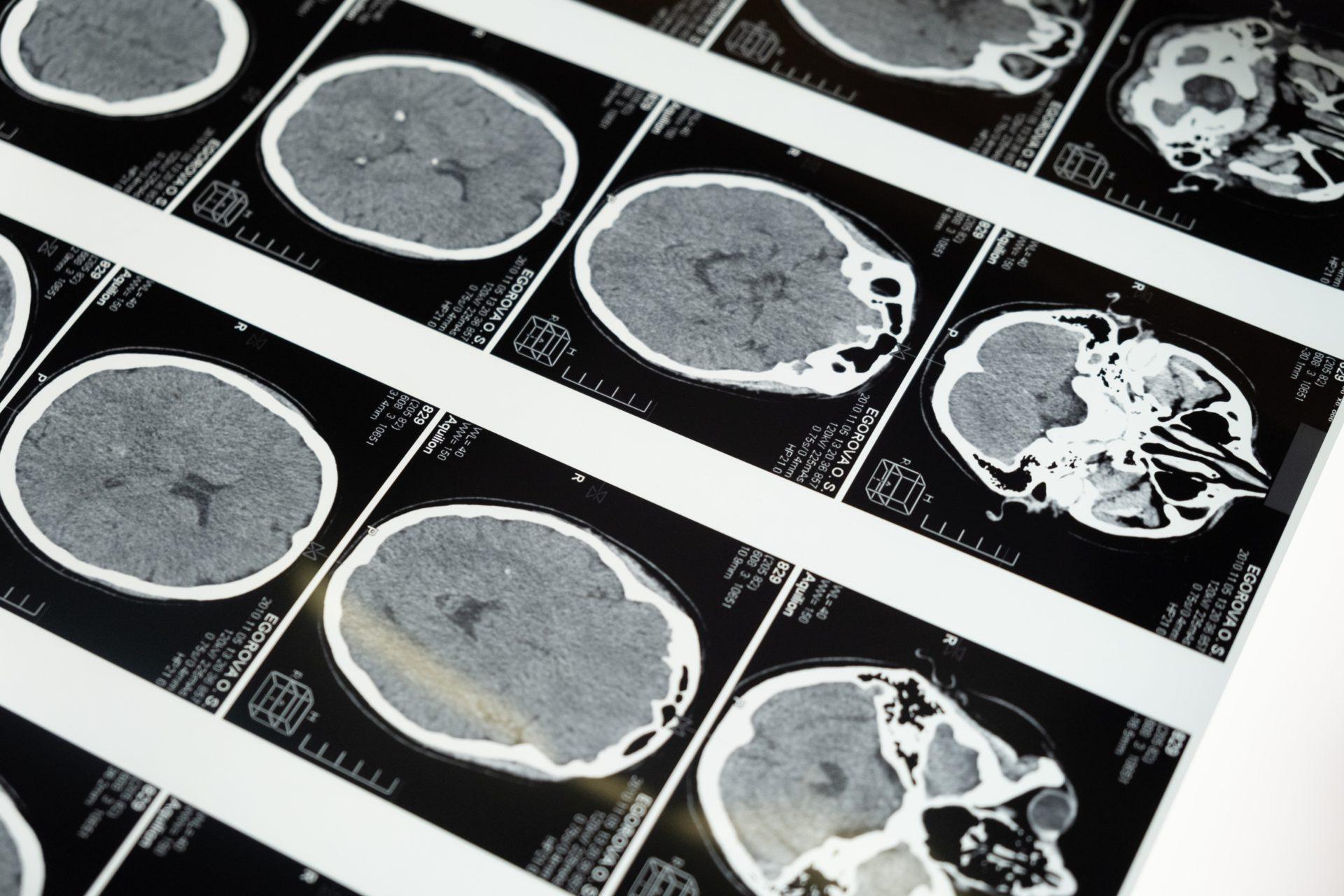Aging is a natural part of life, and while it brings its own set of challenges, it also opens up opportunities for growth and wisdom. As we grow older, we may experience physical and cognitive changes that can impact our ability to live independently. However, with the right strategies for aging well, it’s possible to preserve our autonomy and enhance our quality of life in our senior years. This blog post explores key steps to maintaining independence in old age, focusing on physical activity for aging well, mental health strategies for seniors, and ways to adapt our living environment to our changing needs. Let’s delve into these strategies to ensure a fulfilling and vibrant journey through our later years.
Key Questions & Strategies for Aging Well
How Do You Maintain Independence in Old Age?
Maintaining independence as we age is a multifaceted process that involves physical health, mental well-being, and a supportive environment. Regular physical activity is crucial to keep our bodies strong and agile, reducing the risk of falls and other injuries that could limit our independence. Mental activities, such as reading, puzzles, or learning new skills, help keep our minds sharp and agile, enabling us to manage daily tasks and make decisions effectively.
Adapting our living environment is another key aspect of maintaining independence. This could involve simple modifications like installing grab bars in the bathroom, improving lighting, or removing tripping hazards. More significant changes might include installing a stairlift or adapting kitchen appliances for easier use. Proactive health management, regular check-ups, and screenings also play a significant role in preserving our independence.
Why Do Older People Need to Maintain Independence?
Maintaining independence in old age is crucial for several reasons. It allows seniors to continue making their own choices and living in a way that aligns with their values, which can significantly enhance their quality of life. Independence can also contribute to a sense of self-worth and dignity. Moreover, maintaining independence can have positive effects on physical health, as it often involves staying physically active and mentally engaged.

What Causes Loss of Independence?
Several factors can contribute to a loss of independence in old age. Physical health issues, such as chronic diseases or injuries, can limit a person’s ability to perform daily tasks independently. Cognitive changes, such as memory loss or decreased decision-making ability, can also impact independence. Environmental factors can play a role too; for example, a living environment that hasn’t been adapted to a senior’s changing needs can limit their ability to function independently. Finally, social isolation can contribute to a loss of independence, as it can lead to decreased mental well-being and a lack of practical support.
In conclusion, maintaining independence in old age is a complex process that involves physical health, mental well-being, a supportive environment, and a strong social network. By understanding these factors and implementing strategies to address them, seniors can enhance their independence and continue to live a fulfilling, vibrant life.
Ok with those questions answered, let’s move on to Strategies for Aging Well:
Physical Activity for Aging Well
Physical activity plays a crucial role in maintaining independence as we age. Regular exercise helps improve strength, flexibility, and balance—all of which can prevent falls and related injuries. Additionally, exercise can help manage chronic conditions like arthritis or diabetes, which might otherwise limit our capabilities.
Staying physically active doesn’t necessarily mean joining a gym or running marathons. Simple activities like walking, gardening, or practicing yoga can provide significant benefits. The goal is to find activities you enjoy and can sustain regularly.

Consider incorporating a variety of exercises into your routine to reap different benefits. For example, strength training can build muscle mass and improve balance, while aerobic activities like swimming or cycling can enhance cardiovascular health. Flexibility exercises such as yoga or Pilates can improve your range of motion and reduce the risk of injury.
If you’re new to exercise or have health conditions, it’s always wise to consult your healthcare provider before starting a new exercise regime. They can provide guidance on safe and suitable activities. Remember, it’s important to start slow and gradually increase the intensity and duration of your workouts.
Mental Health Strategies for Seniors
Just as physical activity keeps the body strong, mental activity is vital for cognitive health. Regularly challenging your brain can improve memory, attention, and other cognitive functions. This mental agility can help maintain independence by enabling you to manage daily tasks and decisions effectively.
Activities that stimulate the mind include reading, puzzles, learning a new skill, or even playing certain games. Social interactions also contribute to mental agility, so spending time with friends and family or participating in community activities can be beneficial.
Keeping your mind sharp can also involve adopting healthy lifestyle habits. Regular physical activity, a balanced diet, and sufficient sleep can all support brain health. Additionally, avoiding harmful substances like excessive alcohol and tobacco can protect your cognitive function.
Consider making learning a lifelong endeavor. Whether it’s taking up a musical instrument, studying a new language, or exploring a new area of knowledge, continuous learning can provide mental stimulation and a sense of accomplishment.
Cultivate a Strong Social Network: Stay Connected
Social connections play a significant role in our health and well-being. Research suggests that strong social networks can improve mental health, boost immunity, and even increase longevity. Moreover, friends and family can provide practical support, like help with grocery shopping or transportation to appointments.
To cultivate a strong social network, consider joining community groups or clubs. Stay in touch with loved ones through calls or video chats. And don’t forget about the potential companionship of pets!
Don’t underestimate the power of small interactions in your daily life. Simple exchanges with neighbors, shopkeepers, or community members can contribute to your sense of connection. Volunteering is another excellent way to forge social bonds while contributing positively to your community.

Remember, quality is more important than quantity when it comes to social connections. It’s better to have a few deep, meaningful relationships than numerous shallow ones. Invest time in nurturing relationships that bring you joy and support.
Safety Measures for Seniors: Home Modifications for Aging Well
As we age, our living environment may need to be adapted to ensure our safety and independence. This could involve simple modifications like installing grab bars in the bathroom, improving lighting, or removing tripping hazards. More significant changes might include installing a stairlift or adapting kitchen appliances for easier use.
Working with an occupational therapist or a specialist in aging-in-place design can be beneficial. They can assess your home and recommend modifications to support your independence.
Planning for safety also involves thinking about potential emergencies. Do you have a plan in place if there’s a fire or a fall? Ensuring that you have easy access to your phone or emergency call devices and that services can easily reach you can bring peace of mind.
Additionally, as we age, our needs and abilities can change. It’s a good idea to periodically reassess your living environment to ensure it continues to meet your needs. Simple adjustments can significantly improve your comfort and safety.
Manage Health Proactively: Regular Check-ups and Screenings
Staying proactive about your health is another key strategy for maintaining independence. Regular check-ups and screenings can help detect potential health issues early, allowing for treatment before they become more serious. Be sure to follow your healthcare provider’s recommendations for routine screenings and vaccinations, and don’t hesitate to seek medical attention if you notice any new or worsening symptoms.
Additionally, managing any chronic conditions you have, such as diabetes, arthritis, or heart disease, is vital. Work closely with your healthcare provider to understand your condition and develop a management plan. This might involve medication, dietary changes, physical therapy, or other treatments.
Remember, your healthcare provider is your partner in health. Keep open lines of communication and don’t be afraid to ask questions or voice concerns. You have a right to understand your health conditions and the treatments you’re receiving.
It’s also important to keep a personal record of your medical history, including the medications you’re taking, past surgeries or illnesses, and any allergies you have. This information can be invaluable to healthcare providers in making informed decisions about your care.
Nurture Emotional Well-being: Pay Attention to Mental Health
Your emotional well-being is just as important as your physical health when it comes to maintaining independence. Feelings of loneliness or depression can impact your motivation to stay active, engage socially, or take care of your health. Moreover, chronic stress can have serious physical health effects, including an increased risk of heart disease and weakened immunity.
Invest time in nurturing your emotional well-being. This could involve journaling, pursuing creative hobbies, spending time in nature, or practicing mindfulness or other relaxation techniques. It’s also beneficial to maintain a regular sleep schedule and eat a balanced diet—physical health and mental health are deeply intertwined.
Remember, it’s okay to have bad days. Don’t beat yourself up if you’re feeling down or anxious. Instead, reach out to loved ones or a mental health professional for support. It’s okay to ask for help when you need it.

Make sure to incorporate activities you enjoy into your daily routine, and consider practices like mindfulness or meditation to manage stress. Don’t hesitate to reach out to a mental health professional if you’re feeling persistently down or anxious. There’s no shame in seeking help, and treatments like therapy or medication can significantly improve your quality of life.
Embrace Assistive Devices: Use Tools That Help
If you need them, don’t shy away from using assistive devices. Senior-friendly tools like canes, walkers, or hearing aids can significantly enhance your ability to function independently. Consider them not as signs of decline, but as tools to empower you to continue doing the things you enjoy.
Remember, maintaining independence as you age is not about doing everything by yourself—it’s about having the ability to make choices and live in a way that aligns with your values. By staying active, keeping your mind sharp, nurturing your social connections, and taking proactive steps to manage your health, you can age well and enjoy your later years with a high quality of life.
Many technological innovations can support independence in aging. For example, there are devices that can remind you to take your medications, apps that can connect you with healthcare providers virtually, and systems that can alert loved ones or emergency services if you’ve fallen.

Finally, be patient with yourself. It can take time to adjust to using an assistive device. Just like learning a new skill, it takes practice. Over time, these tools can become an invaluable part of your routine, helping you maintain your independence and quality of life as you age.
Healthy Aging and Independence
Remember, aging well isn’t about avoiding aging—it’s about embracing this stage of life and doing everything you can to stay healthy, active, and engaged. With the right strategies for aging well, you can maintain a high level of independence and continue to live a fulfilling, vibrant life.
Read more: Increasing Lifespan: Simple Actions for Longevity and Well-Being
Disclaimer: The information provided in this blog post is for educational purposes only and should not be considered as medical advice. Consult with your healthcare professional for personalized guidance and recommendations regarding your specific health needs and conditions.





